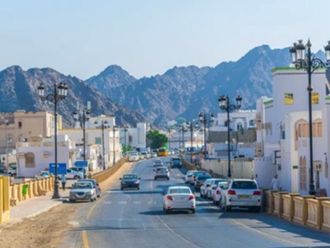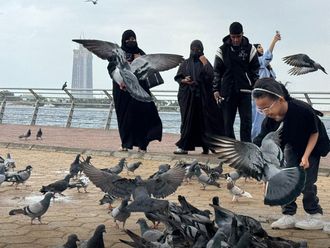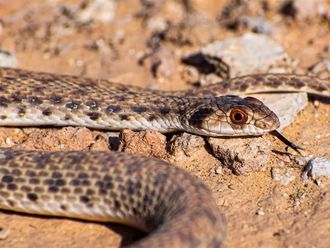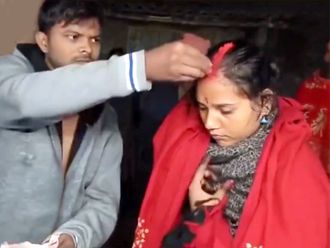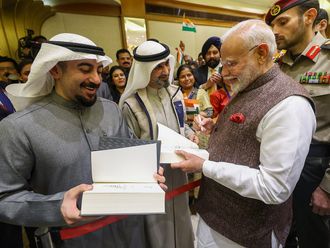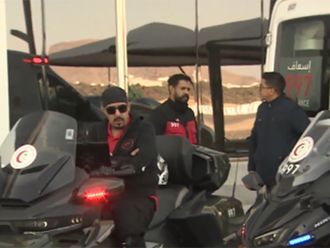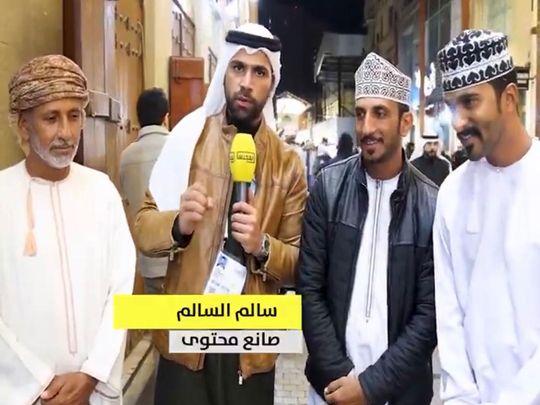
Dubai: Three Omanis have successfully completed a remarkable 2,000-kilometre trek across GCC countries, aiming to revive the traditions of their ancestors while spreading a message of peace, love, and unity.
Abdul Rahim Abdullah al Rawahi and Abdullah Salim al Rawahi from Mudhaibi in North Sharqiyah, and Salim Abdullah al Saidi from Saham in North Batinah, embarked on the journey on October 21, 2024.
The 56-day trek, which began in South Batinah, took the trio through Oman, the UAE, Saudi Arabia, Qatar, Bahrain, and finally to Kuwait, where they concluded their journey on December 15.
Along the way, they encountered both warm welcomes and the harsh realities of long-distance travel. In Buraimi, the group was greeted by the Buraimi Travellers Team, who joined them for a 15-kilometer stretch of the journey.
They continued through the UAE for 13 days, interacting with locals and visiting key landmarks such as the Legends Sports Academy in Bani Yas.
Security and safety
Entering Saudi Arabia, they crossed the vast desert, covering the terrain in just three days before reaching Qatar. In Qatar, the group celebrated Oman’s 54th National Day and explored the country's markets and landmarks. Their trek continued through Bahrain, where they visited ancient markets, the National Museum, and Muharraq Market.
The final leg of the journey took them to Kuwait, where they visited the Jaber al Ahmad Stadium, the venue for the opening match of the 26th Gulf Cup, set to begin on December 21.
Abdul Rahim Abdullah Al Rawahi explained that the primary goal of the trek was to appreciate the safety and security they enjoy in the Gulf countries and to promote peace.
“We also wanted to support the Gulf football teams participating in the 26th Gulf Cup, especially the Omani national team, while encouraging the culture of walking to honor our ancestors’ legacy,” he said.
Throughout the journey, the trio faced several challenges, including poor internet connectivity in remote areas, harsh winds, and cold weather. However, their determination and resilience helped them push through these obstacles. Carrying canned food, drinks, and camping gear, they rested and camped along the way, taking in the region's natural beauty.



